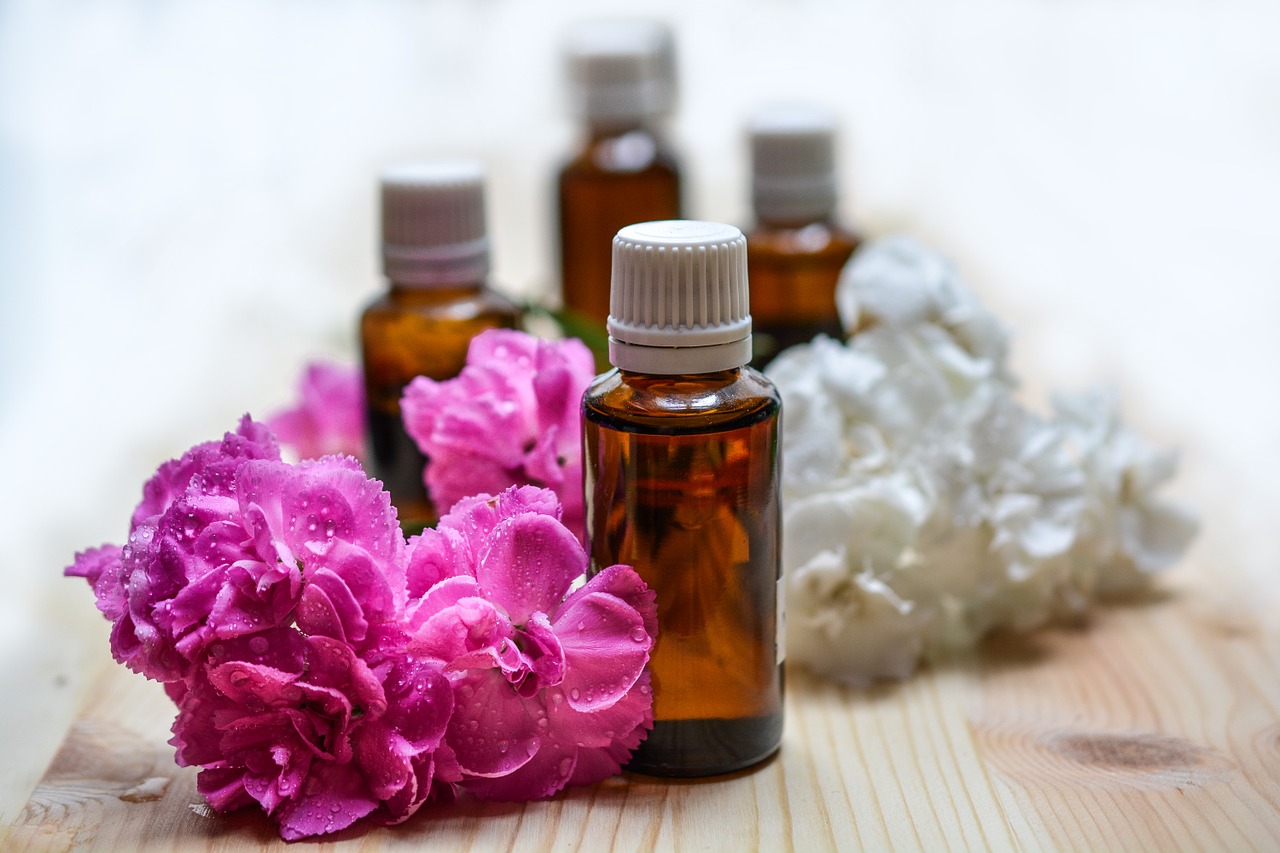Essential oils are a popular trend in health and beauty. An essential oil is extracted from a plant through the process of distillation. Many people believe that these powerful extracts can be used as supplemental medicine while others use them only for their appealing scents and aromatherapy properties. Board certified plastic surgeon Dr. Usha Rajagopal details the pros and cons of essential oils.
Essential oils are a natural health and beauty product. They are less expensive than many traditional health and beauty products, and they have a variety of uses from skin care to repelling insects. However, essential oils are mostly not regulated by the government. Balancing the usefulness of these oils with any safety concerns must be done with care.
Essential oils should only be ingested with care. If they are rubbed directly on the skin, they should be diluted with a carrier oil like olive or rosehip oil.
Pros of Essential Oils
- Aromatherapy with certain oils, such as lavender and sweet orange, can reduce stress. Peppermint oil can bring a feeling of energy, and eucalyptus oil can ease symptoms of illnesses such as the common cold.
- Placing oil in a diffuser lets the scent spread throughout your home, extending the benefits to everyone in the room.
- Oils like tea tree oil and eucalyptus oil can kill bacteria and fungus on the skin.
- Several oils are also useful for repelling or killing insects and ticks. Tea tree and eucalyptus oils are both useful against bugs.
- Some oils are useful for digestive difficulties, like peppermint oil. Peppermint oil is an antispasmodic and can alleviate symptoms of inflammatory bowel disease.
Essential oil use does have many benefits, but the safety and efficacy of these products should be carefully considered before use. Dr. Usha Rajagopal takes us through the cons of using essential oils.
Cons of Essential Oils
- The efficacy of essential oils has not been well studied.
- The government does not regulate the sale or manufacture of essential oils. This means that no one knows exactly what is in the preparations. Be sure to buy essential oils only from reputable companies.
- Essential oils are strong preparations that should not be used undiluted. They can even be toxic in large quantities.
- Many oils are not safe for use by children. Lavender, tea tree oil, rose, eucalyptus, and chamomile oil are considered generally safe.
- People with allergies to plants or pollen should be cautious about which essential oils they use. The concentrated quality of essential oils may worsen allergy symptoms.
- Pregnant women must be extremely careful which oils they use. They should be avoided during the first trimester.
Essential oils can be helpful in complementary medicine, but they should not be relied on to provide any sort of medical treatment. The risks are too great and the properties of each oil have not been fully studied by medical professionals. If you do get some benefits from the use of essential oils, be sure to use them safely. Be especially careful when using oils around children or pregnant women.



